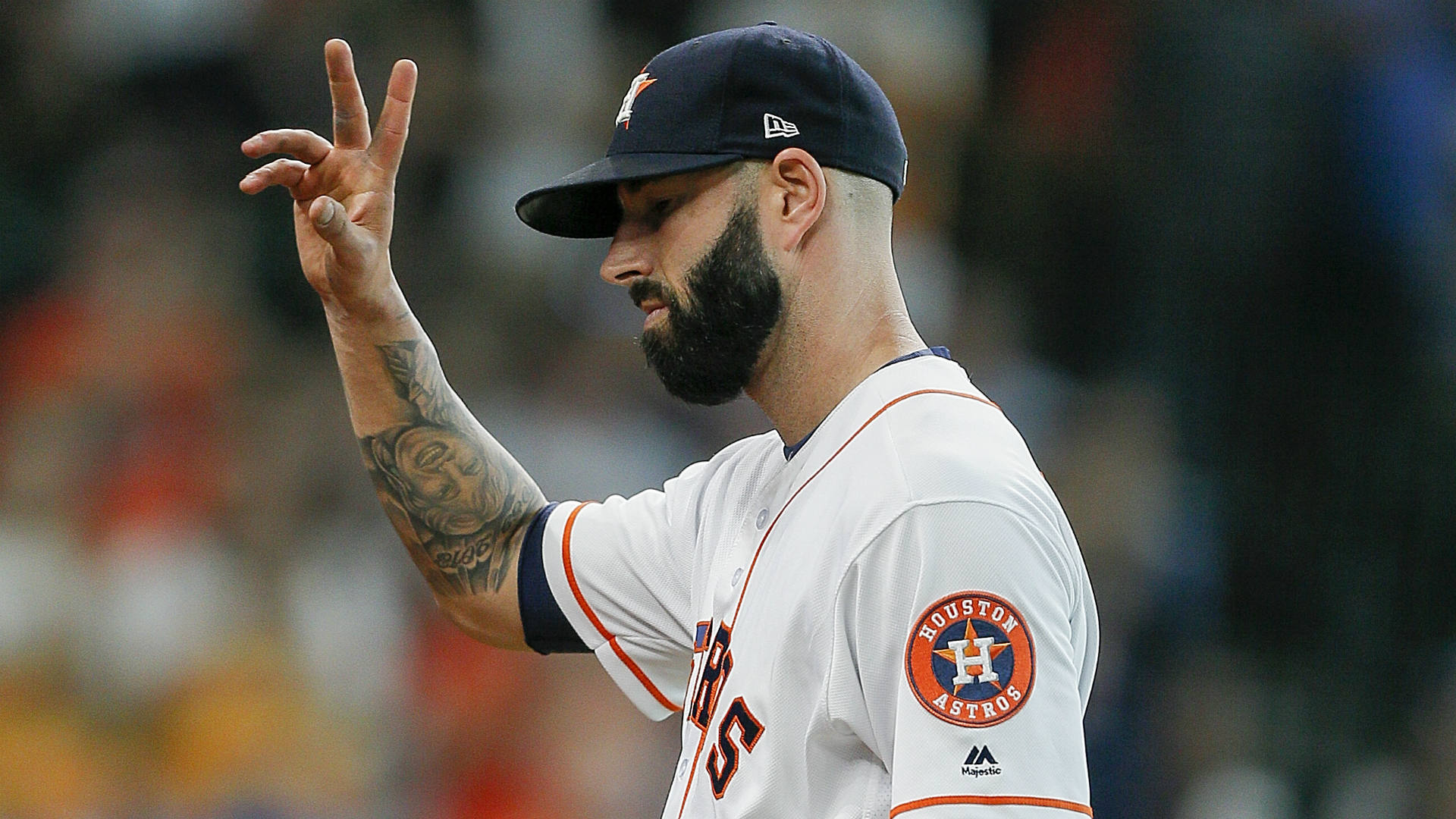Re Mike Fiers, Don’t Shoot the Whistleblower

Mike Fiers was instrumental in exposing the Houston Astros’ sign stealing scandal, a controversy of which the depths likely have yet to be plumbed. For some coaches, managers, and players, however, Major League Baseball’s latest whistleblower is a pariah.
Baseball columnist Bob Nightengale explores this topic in a recent piece for USA TODAY. For Fiers’s objectors, cheating has been a mainstay in the big leagues for decades. There’s baseball’s ongoing war on steroids and other performance-enhancing drugs, for one, a situation that saw its own elaboration with the help of Jose Canseco as a whistleblower.
Nightengale cites former MLB relief pitcher LaTroy Hawkins heavily within his column. One wonders how indicative his opinions are of all players. Hawkins is of the belief, to paraphrase, that “if you ain’t cheatin’, you ain’t tryin’.” While he concedes that the Astros took things too far, he doesn’t understand why some people are so upset. After all, teams are always looking for an advantage.
As someone who pitched during the so-called “steroids era,” Hawkins argues that baseball largely looked the other way on the subject. More pointedly, though, he indicates players like him knew what was going on at that time but didn’t complain.
In this respect, Hawkins is highly critical of Mike Fiers. In no uncertain terms, he regards Fiers as a snitch telling on his supposed friends and teammates. Furthermore, Hawkins takes issue with Fiers’s timing on going public with his bombshell revelations. He impugns Fiers for waiting until after collecting his World Series ring to expose his former team, questioning his integrity in doing so.
LaTroy Hawkins’s comments are informed by a career that spanned more than a decade and from his inner-city upbringing. They’re therefore understandable but nonetheless to be chided, especially as held by a number of those close to the game.
On the notion of Fiers as a “snitch,” team solidarity is indeed critical to any organization’s success. At the end of the day, however, baseball is still a business and, for Fiers, a job. He was paid for his performance on the field, not for his fidelity to his clubhouse. He doesn’t owe the Astros anything. If Mike Fiers should feel he owes anyone or anything, it’s the game of baseball. By this token, his candor should be applauded in the name of sportsmanship and fair play.
As for the timing of Fiers’s revelations, there was arguably never a good time to come forward. What’s more, now that he has, he is subject to criticism. He even may be blacklisted by teams that, like Hawkins, view him as a violator of the clubhouse code. Fiers made his remarks with real risk to his reputation and his livelihood. That courage is to be commended and not to be dismissed.
Widening our focus outside of baseball, criticism of Mike Fiers as a whistleblower is unfortunately par for the course. Overall, whistleblowers tend to be stigmatized on top of being afforded few protections under the law. Look at Edward Snowden, for instance. Many Americans—not to mention the U.S. government—view him as a traitor and he has been in exile for over half a decade. Fiers has yet to bear any professional consequences for his comments, but should he struggle and should he and Oakland part ways, who knows?
More than anything, criticism of Fiers from within the world of professional baseball seems to stem from attitudes steeped in traditions established in a bygone era of the sport. These are the same types of people who jeer at players who flip their bat after a home run. These are the people who insist on retaliation for a hit by pitch, potentially risking injury or an escalation of hostilities, all for the sake of “evening the score.” Fiers violated the clubhouse code. Maybe a code that downplays cheating and encourages deception in the name of deflecting criticism deserves to be violated, if not re-written.
Mike Fiers may not be the perfect vessel for truth telling. Few whistleblowers are; Lord knows Jose Canseco has had his share of issues. That said, he doesn’t have to be, and he shouldn’t have to apologize for shining a light on sign-stealing practices which likely go well beyond the Houston Astros. As the saying goes, don’t hate the player—hate the game. In this case, don’t shoot the whistleblower. Instead, look at the Houston Astros and Major League Baseball to clean up their mess.
















